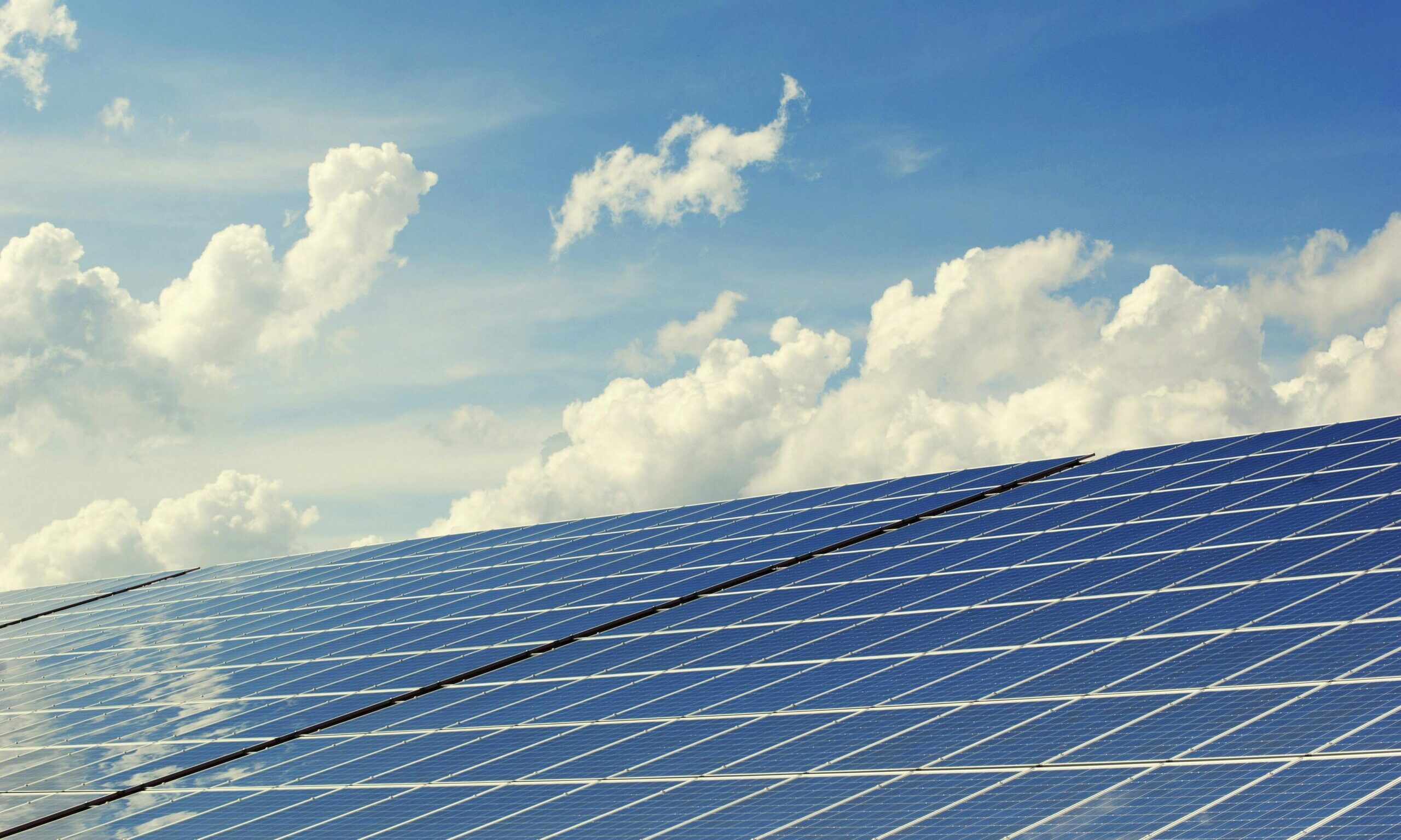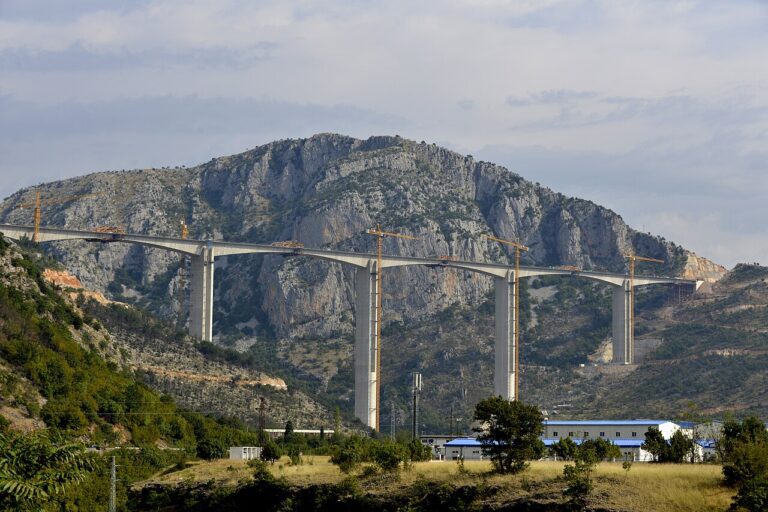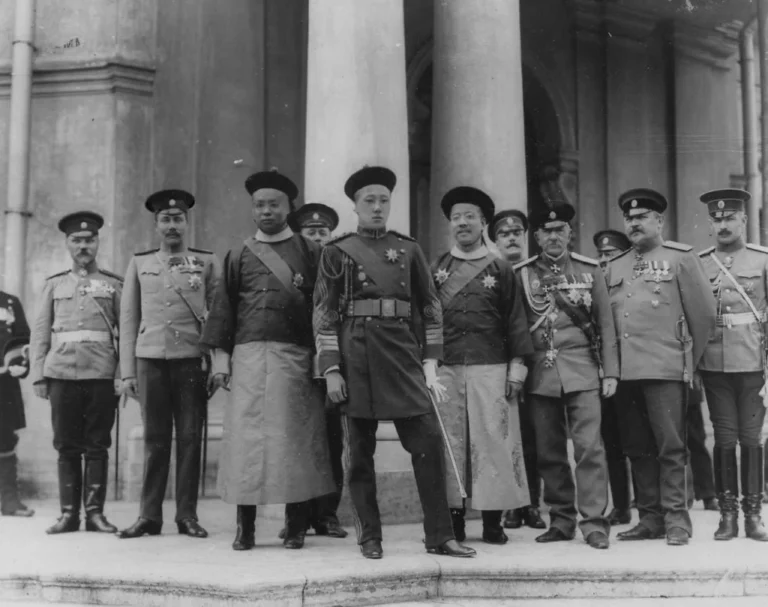
As Brussels increasingly leans into using defensive trade measures against China, the future of the European solar industry hangs in the balance.
In October 2023, the EU launched a probe designed to determine whether Chinese-made electric vehicles (EVs) benefitted unfairly from state subsidies. Many saw this as the culmination of European Commission efforts under President Ursula von der Leyen to pursue EU autonomy in green technologies vis-à-vis China. Nonetheless, in April 2024, barely two months before the European Elections, the Commission launched a second foreign subsidies probe into Chinese-made wind turbines. These probes illustrate increasing EU concerns regarding overdependence on Chinese green technologies for the bloc’s green transition within the framework of the EU’s push for strategic autonomy.
The Rapid Rollout of Green Tech in China
According to China’s National Intellectual Property Administration, 13 of the world’s 50 largest patent owners in clean tech between 2016 and 2022 were Chinese. China granted 36.8 percent of all invention patents for green and low-carbon technologies in the world over the same period, while maintaining a 9.3 percent annual growth rate in the number of patents. The development of key sectors for the green transition allows China to combine economic development with climate action, while moving towards energy autonomy through greater and more effective use of renewable energy. Beijing has recently announced an annual science and innovation budget of $52 billion by 2024, 10 percent higher than in 2023.
China’s solar PV industry emerged in the mid-1990s to address domestic needs, but has rapidly achieved global dominance. As Beijing responds to weak domestic demand with heavy state subsidies, it is a perfect recipe for overcapacity, just as the European Union puts the green transition at the top of its policy agenda. The Union is keen to avoid a repeat of the fate suffered by its solar panel industry as a result of China’s sudden entrance into the EU solar panel market over a decade ago in other green tech industries, such as EVs or wind turbines.
China’s Moment Under the Sun
After the turn of the century, European champions in the solar power industry led the market, aided by government incentives. Berlin, for example, incentivized solar panel installation by paying homeowners and businesses for contributing energy to the grid. This helped German solar companies dominate the market, and they still hold a high ranking among European solar companies today, followed by French, Italian, and Spanish businesses.
However, by 2010, European manufacturers were surpassed by China, which invested over $50 billion in its photovoltaic industry between 2000 and 2010. The significantly cheaper solar modules displaced European producers, and by 2023, around 96 percent of the solar panels installed in the EU that year came from China, according to the EU Commission.
Europe’s solar panel manufacturers are facing less than sunny days. Announcements of production closures are piling up, and the sector has warned that production capacity loss could soon surpass 50 percent unless governments step in.
EU Member state policymakers are split regarding how to respond to this call for help. The German Minister for Economy, amidst a government budget crisis that has left planned support for the national solar industry in limbo, has written to the EU Commission to express concerns regarding the impact of potential trade restrictions on Chinese solar imports on the green transition. Meanwhile, Spain has not ruled out tariffs on solar panel components, the Netherlands has proposed applying the EU’s carbon border tax to solar PV imports, and Italy has recently announced a multimillion-dollar investment in a photovoltaic panel factory in Sicily.
European manufacturers have also reached out to the EU for help. At the beginning of 2024, the European Solar Manufacturing Council (ESMC) sent a letter to the European Commission President von der Leyen calling for the prompt implementation of substantial emergency measures including a scheme to buy up excess inventories of EU solar modules to ease the oversupply, and change state aid rules to boost government support for local solar producers.
The EU Solar Sector
Solar power is also a strategic area for the EU, placed in the broader framework of the EU Green Deal, and the Fit for 55 Package. Moreover, the RePowerEU plan lists solar power among the alternative energy sources to reduce dependence on Russian gas, oil, and coal imports. The EU also established the sector-specific EU Solar Energy Strategy in 2022, in which it pledged to bring online 320 GW of solar photovoltaic (PV) by 2025 and almost 600 GW by 2030. Ultimately, this system aims to replace the consumption of 9 billion cubic meters of natural gas by 2027.
The EU also launched the European Solar PV Industry Alliance (ESIA) in 2022. The ESIA is open to all PV companies within the European Economic Area. It focuses on scaling up capacity through private and public funds, establishing a level-playing field within the sector, skills development, forging international partnerships, and consolidating supply chains. Currently, it includes more than 130 members from more than 17 EU and neighboring countries.
The EU leaders also signed the European Solar Charter in April 2024. The Charter covers broader renewables targets, including the pledged 42.5 percent of renewable sources in the energy mix by 2030. The document describes the reliance on Chinese imports as entailing “short-term risks for the resilience of the value chain and long-term risks for price stability for solar panels due to dependencies on suppliers outside of Europe.” The Charter further goes into detail on action required by the Member States, the Commission, and companies. It seeks to match the speed of the green transition and European industrial objectives, with the overall goal of enhancing the security of supply chains, the competitiveness of the sector, and supporting jobs within the internal market. Furthermore, the PV industry is part of the proposed Net-Zero Industry Act (NZIA), which aims to boost the competitiveness and resilience of the EU net-zero technologies.
Solar Panel Probing: Nothing New Under the Sun
Considering the centrality of the PV sector within the internal market, the recent EU investigation into two Chinese PV manufacturers was no surprise, especially, given the current regulatory securitization of foreign subsidies, which was primarily established with the Foreign Subsidy Regulation of 2023. The two scrutinized manufacturers, namely the subsidiary of LONGi Green Energy Technology recently established in Germany and a consortium controlled by Shanghai Electric Group, had submitted a bid to take part in the construction of a 110 megawatts photovoltaic park in Romania, partially financed by EU funds. The probe was ultimately closed as the two Chinese bidders have decided to pull out from the tender. However, the EU’s response opens the door to a broader probe of Chinese solar panels in the European Market, along the lines of the EV and wind turbine investigations.
These probes have been the EU’s response to the same dilemma it faces in the photovoltaic industry: cost-efficiency versus geopolitical resilience. The post-2024 election Commission is expected to follow the previous line of a strong and resilient internal market. Clean tech will continue to be a critical area of scrutiny, given its central role in broader EU policies and its strategic importance for enhancing global competitiveness.
The more the EU focuses on developing internal resilience, the more similar probes will become the new normal. Clean tech will play a key role due to its centrality in the EU policies, but also because of the amount of anti-dumping and anti-subsidy investigations the Union has launched. EU PVs have been under scrutiny for over ten years, and the sector has been at the center of a heated debate. Not all parties agree with the EU probes, as evidenced by a joint statement signed by more than 430 European producers against further investigations in the solar sector in November 2023. This means that in the case of a future investigation, the business sector might not be as eager as policymakers.
While probes ultimately benefit the internal market, some players are likely to suffer, especially if China retaliates. In light of the European moves, China is now turning to the chemical sector, launching an anti-dumping probe into polyoxymethylene copolymer imports, which primarily come from the EU, the US, Japan, and Taiwan. Chinese state media have also openly announced that Beijing will not just “sit and watch,” opening the door to future retaliation. Despite the ambitions of the policymakers to build a resilient PV industry, the concerns of the business sector and China’s defensive response will require a delicate balancing act so that the EU green tech industry’s development is not hindered across the board.
Written by
Blanca Marabini San Martín
BlancaMSMBlanca Marabini San Martín is a PhD student at the Centre for East Asian Studies of the Madrid Autonomous University (CEAO – UAM), in Spain, as well as part of the China Horizons Research Consortium. She has collaborated with the International Institute for Asian Studies (IIAS, Leiden), the Spanish Institute for Strategic Studies (Ministry of Defense of Spain), and the Spanish Chinese Policy Observatory. Her research interests center around the climate, environmental, and green tech dimensions of China’s foreign policy, particularly within the framework of EU-China relations.
Valeria Fappani
choooseurnameValeria Fappani is a PhD student at the School of International Studies of the University of Trento researching EU-China relations from a comparative law perspective. Her research interests include business due diligence and corporate social responsibility, micro-level analysis of Chinese laws and policies, and EU-China trade and FDI relations. She also has extensively participated in and engaged with youth-led initiatives about the EU, China and their relations.


